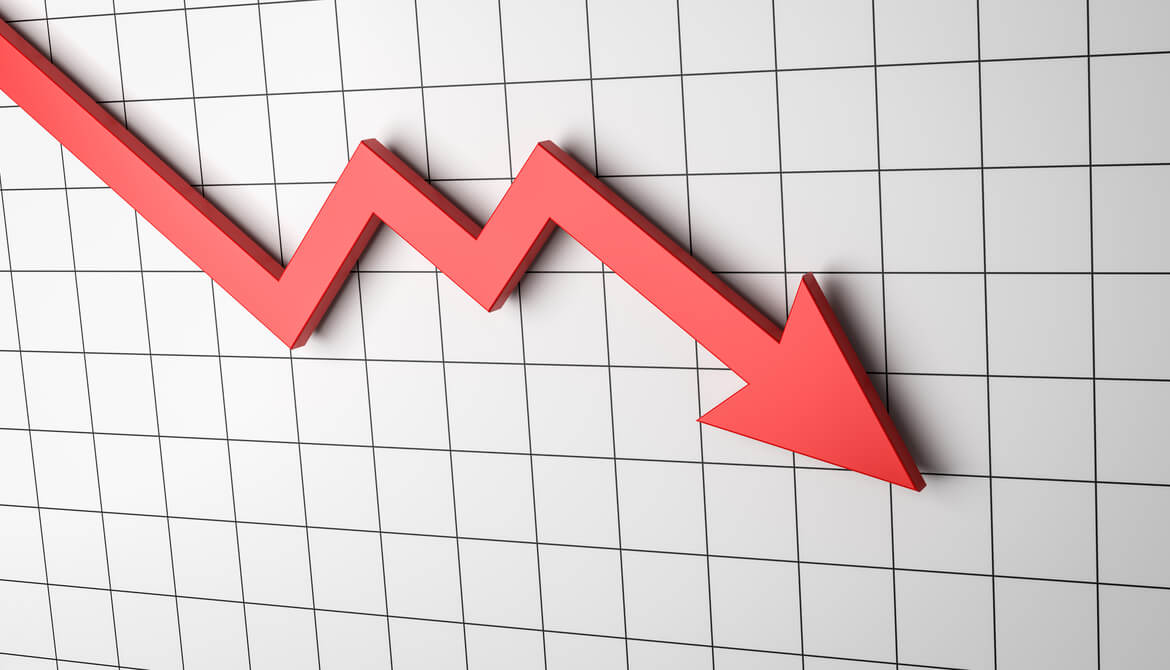3 minutes
Every financial circumstance has a unique set of causes. Credit unions’ responses must be custom as well.
Can CU finance people who remember the Great Recession rely on their experience handling that one to get their organizations through the current slowdown? A little? Not at all? The answer may depend on who you ask.
Derek Fuzzell, CPA, CMA, CSCA, doesn’t think lessons learned in the 2008 recession apply now.
“Nothing repeats exactly, but the Great Depression is a better model for what to expect,” says the CUES member and CFO of $240 million PAHO/WHO Federal Credit Union in Washington, D.C. He’s a student of history who has studied the Depression.
“The Great Recession hit the financial sector hard, but restaurants stayed open,” he notes. “Stores stayed open. The people who worked there got paid and paid their bills. Lots of people continued as usual, and they saved the economy. The finance people who lost their jobs weren’t big spenders anyway. This will hit harder. I’m looking more at the Great Depression for guidance.”
Vincent Hui thinks some of the lessons of the Great Recession will be applicable now, even though there is no protective bubble this time around. However, a lot of CUs now have management teams comprised of people that didn’t lead through that last downturn, notes Hui, a managing director at CUES strategic provider for technology services and CUES Supplier member Cornerstone Advisors, Scottsdale, Arizona.
“Management teams that went through that recession have changed a lot,” he notes. The experience of today’s leaders “has been with 10 or 11 years of steady growth.”
CUES member Tammy Buchanan, VP/CFO of $1.5 billion Northern Credit Union Ltd., Sault Ste. Marie, Ontario, was around for the Great Recession and expects this one to be different.
“This one is more disruptive and carries greater uncertainty,” she says. “We had more time to think and plan back then.” But tools created then may be helpful now. “We put in place a floor on certain interest rates back then so they couldn’t fall below that set point. We’ve started using it again now.”
Founder and CEO of The CorePoint, Omaha, Nebraska, Neil Stanley has a theory about financial cycles: “They don’t repeat but they rhyme. One recession may sound a lot like another, but they don’t mean the same thing.”
2008’s playbook won’t do, he insists, even though some of the moves will be the same. The Fed is essentially doing what it did the last time, only faster.
“We were struggling with a financial problem then,” Stanley observes. “Now we’re struggling with health and medical and emotional problems. Then we had to unwind tremendous leverage. That’s not the case today.
“Don’t say you’ve seen this movie before,” he continues. “This is a new movie. Agility has to be the key to a good strategy.”
The Great Recession hit financial institutions hard pretty much across the board, Stanley notes. This time the results will likely be different because the causes are very different.
“There are a lot of reasons financial institutions could be happy this time,” he suggests. “If they came in with strong capital, they will have opportunities. There will be some pain from credit losses and margin compression, but the strong could get stronger.”
Richard H. Gamble writes from Grand Junction, Colorado.









